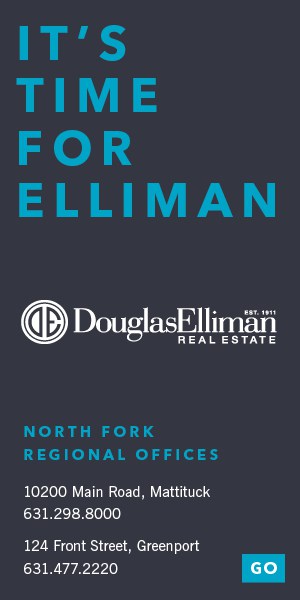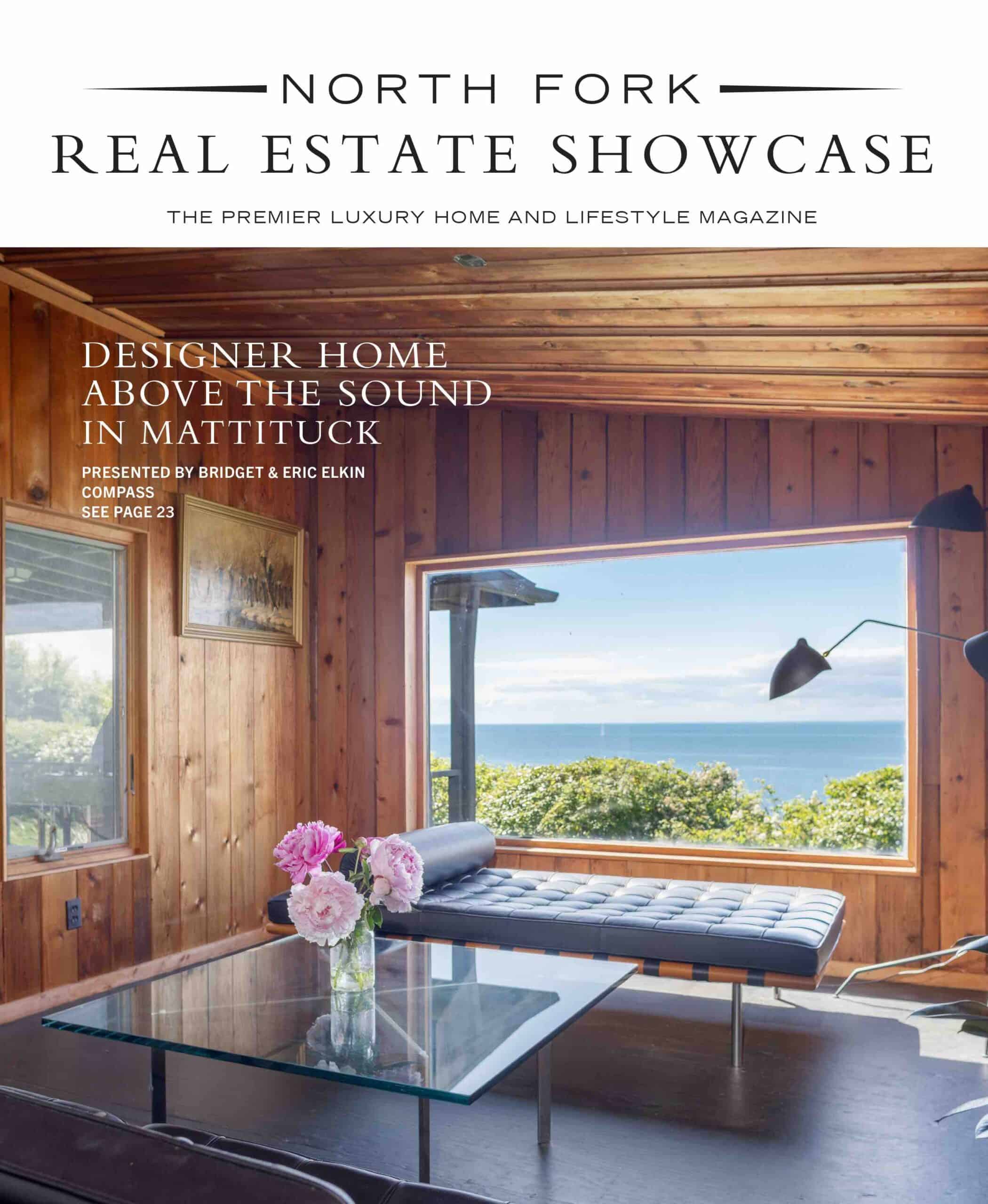It’s not easy being the American face of a German winery. And if that American grew up on the North Fork of Long Island, as Sarah Ross Janson did, the cultural wires get crossed all the more. The normally sober German press, for example, likes to rhapsodize about the majestic views of the Manhattan skyline from Ross Janson’s native Southold. Meanwhile, New Yorkers take one look at the pile where she and her sixth generation winemaker husband Kurt Janson live, and they think “castle,” merely because it’s a massive structure of quarried stone. Located on the grounds of the Schloss Janson estate, in the Pfalz region, Kurt and Sarah’s drafty old place isn’t as grand as it seems, even though their three children like to use the central hallway as a skating rink, soccer field, and dog run. And for the record, somewhere on the estate there are in fact the remains of a bona fide castle, fortified ramparts and all, but it’s been unhabitable ever since Napoleon’s soldiers burned it down.
Ross Janson, who is forty-three, was recently in New York City to promote Schloss Janson’s wines. (She oversees marketing.) While there, she took a quick side trip to the North Fork. Over lunch at Bruce’s Cheese Shop in Greenport, she talked shop. Over the last decade, she said, the hidebound German industry has begun to loosen up. “Foreign” varietals are now planted and there’s a greater demand for fine wine. “The current generation of young winemakers are doing radical things by German standards.

That certainly wasn’t the case when she arrived at Schloss Janson as an idealistic young bride with informed opinions about wine fifteen years ago. (Note to hopeless romantics: She acquired those opinions and her future husband, at Paumanok Vineyards in Aquebogue where they both worked for a time.) Back then, Germany had all manner of restrictions as to what grape varietals could be planted, and channels of product distribution were limited. Plus, for many people, all wine was quaffing wine—cheap and cheerful, it was meant to be drunk every day. “German customers didn’t make a big deal about wine,” she said. “Coming from a young wine region, where every bottle was cherished and loved” she found attitudes “challenging.”
Ross Janson’s father is the esteemed chef John Ross, a pioneer of farm-to-table cuisine and a champion of local wines, so naturally food and wine were an essential part of her education. A willingness to take chances isn’t a typically German attribute, but it’s one that Ross Janson is trying to propagate in German soil. “I look to the North Fork industry as my compass,” she said. “I think of the first winemakers who came to the region. Some of those early vintages were good and some were very bad, and yes, there was a big learning curve, but the industry wouldn’t be where it is today but for those brave pioneers.” Her approach has already begun to bear fruit. Schloss Janson’s wines will be available in the U.S. by next year.








